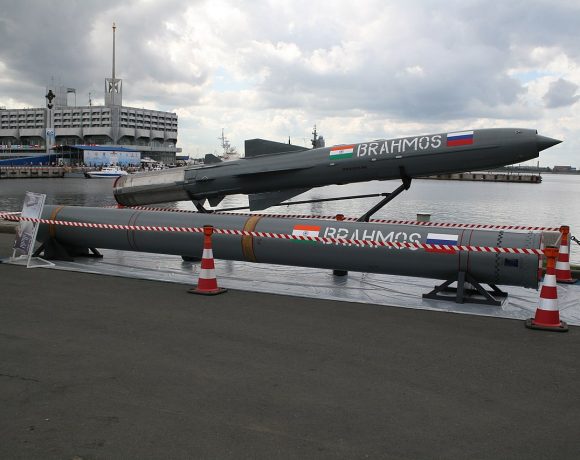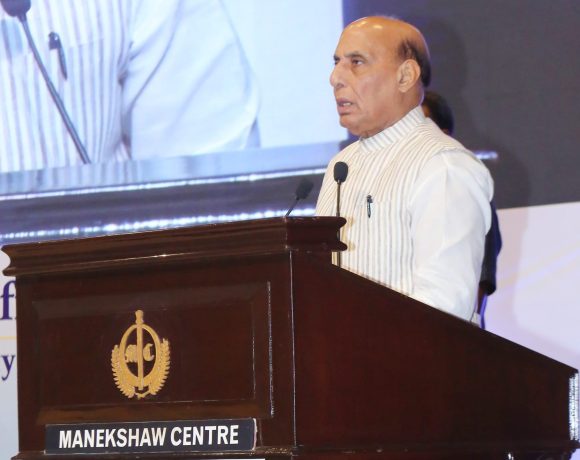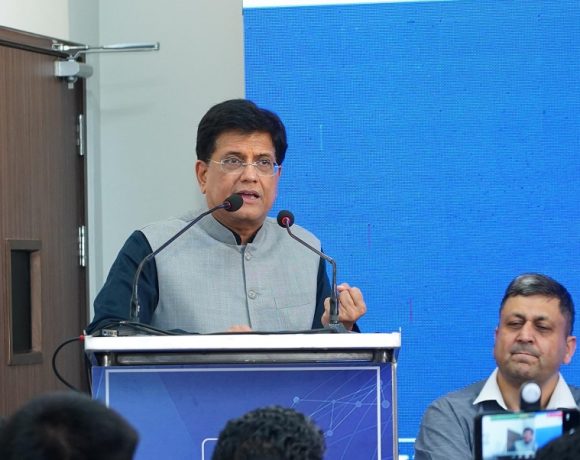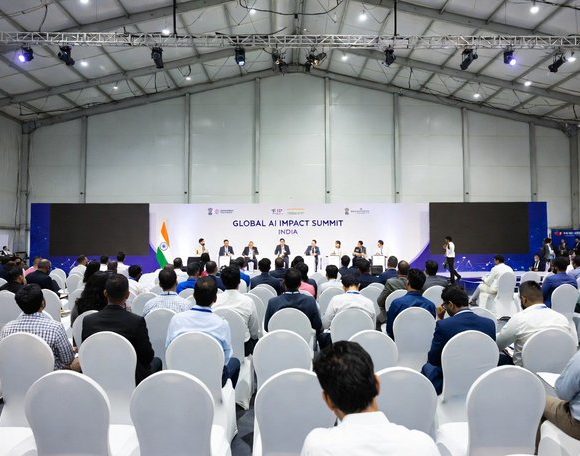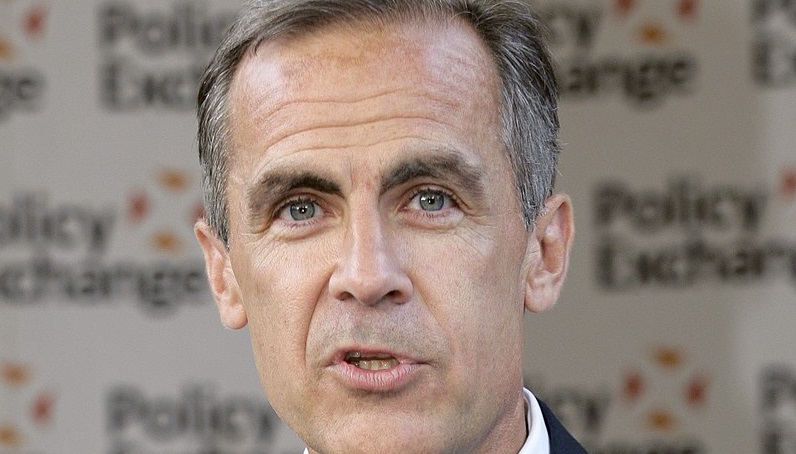
India’s Inclusion in G7 Summit Highlights Its Central Role in Global Supply Chains
India has been formally invited to participate in the upcoming G7 Summit in Kananaskis, Alberta, from June 15 to 17, 2025. The invitation was extended by Canadian Prime Minister Mark Carney, marking a significant recognition of India’s expanding role in global trade and strategic policymaking.
India’s Economic Weight Gains Global Recognition
Prime Minister Carney cited India’s position as the fifth-largest economy and its crucial role in global supply chains as the key reasons behind the invitation. Though not a formal member of the G7, India’s growing influence in areas like critical minerals, clean energy, artificial intelligence, and geopolitical stability has made its presence indispensable in high-level economic dialogues.
The decision reflects a broader G7 consensus that global challenges—ranging from supply chain resilience to technology governance—cannot be meaningfully addressed without Indian involvement.
Canada Balances Diplomatic Strain with Strategic Engagement
The invitation comes despite ongoing diplomatic tension between India and Canada following the controversy surrounding the killing of Sikh separatist Hardeep Singh Nijjar in British Columbia. Although legal proceedings related to the case are still underway, Prime Minister Carney refrained from making any direct reference to the issue during the announcement.
Instead, the focus was placed on strategic cooperation and the importance of engaging India in forums that shape global policy direction. The message was clear: geopolitical disagreements will not overshadow the larger imperatives of international collaboration.
G7 Consensus on India’s Role
There is strong backing from other G7 nations for India’s participation in the summit. As global economies seek to diversify supply chains and build resilience against disruptions, India is increasingly viewed as a reliable and essential partner. From rare earth minerals to digital infrastructure, India’s contributions are becoming foundational to the next phase of global economic development.
Modi Accepts the Invitation
Prime Minister Narendra Modi has accepted the G7 invitation and emphasized the importance of India-Canada cooperation based on mutual respect. He noted that as two democracies with strong people-to-people ties, both countries must work together on shared global priorities, setting aside political disagreements for broader progress.
Strategic Implications
India’s participation in the summit is expected to shape future frameworks in technology ethics, trade diversification, and environmental sustainability. With shifting global alliances and supply chain dynamics increasingly driving foreign policy, India’s voice at the G7 is not just symbolic—it’s strategic.
This invitation signals not only India’s economic heft but also its diplomatic maturity in being a bridge between the Global South and established Western powers. The G7 platform will allow India to further articulate its vision for a multipolar world order, balanced growth, and technological sovereignty.


